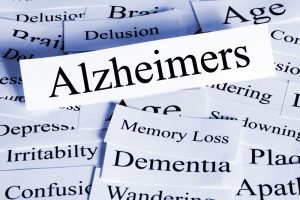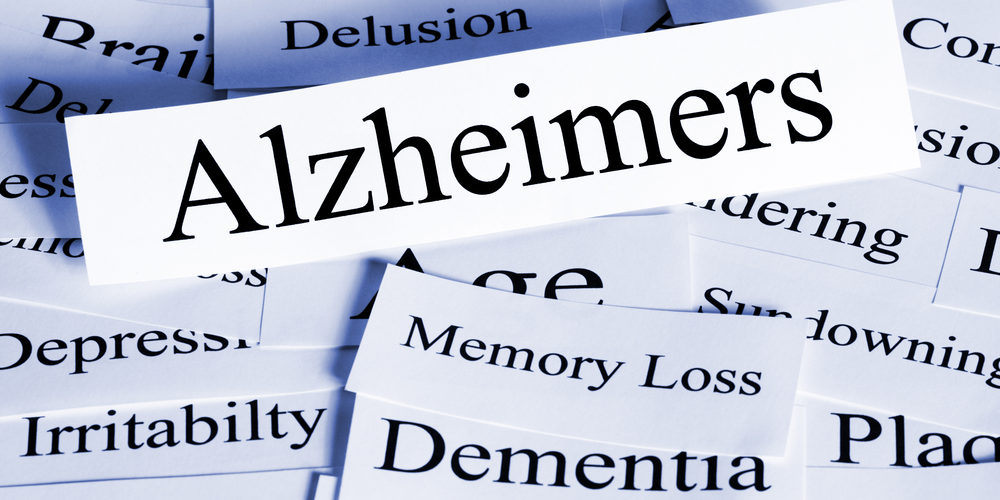
Everyone knows that growing older comes with its challenges. Aches, pains, and occasional forgetfulness can be inconvenient and alarming. However, as we age, the possibility of more serious issues can come into play.
As some of you may know, my family has experienced the hardships of Alzheimer’s. Seeing the impact of this form of dementia first-hand serves as a call to take steps towards the possibility of preventing the onset of this disease. In support of Alzheimer’s Brain Awareness month, I want to focus on what Alzheimer’s is, as well as several ways that we can help to prevent Alzheimer’s by “strengthening” our brains.
“Alzheimer’s is not just a disease of old age,” as the Alzheimer’s Association explains. Though, the majority of those affected are seniors, early-onset Alzheimer’s does affect thousands of Americans. This disease is a form of dementia which worsens over time and causes loss of memory and other cognitive functioning. As “abnormal structures called plaques and tangles” develop in the brain, nerve cells become depleted and die. This nerve cell death in the body’s control center accounts for the loss of memory and functioning. Currently, there is no cure for Alzheimer’s. Multiple treatments do exist, yet they do not stop the progression of the disease.
Heart connection
There seem to be some correlation between the conditions that increase your risk of cardiovascular disease (high blood pressure, diabetes, and high cholesterol) being the same conditions that increase your risk of developing Alzheimer’s.
Taking some of the same precautions to reduce your risk of developing heart disease will also reduce your risk of developing Alzheimer’s disease.
Diet and Exercise
Because regular exercise increases blood and oxygen flow to the brain, exercise lowers the risk of Alzheimer’s and vascular dementia.
It is always good to consult with your doctor before starting an exercise program. Taking a walk every day is a good way to get started.
Eating a heart-healthy diet may also protect the brain. Limiting your intake of sugar and saturated fats helps to achieve this, as well as eating plenty of fruits, vegetables, and whole grains.
Social Connectedness and Mental Challenges
According to the Alzheimer’s Association, a number of studies show that “maintaining strong social connections and keeping mentally active as we age might lower the risk of cognitive decline and Alzheimer’s. Experts are not certain about the reason for this association. It may be due to direct mechanisms through which social and mental stimulation strengthen connections between nerve cells in the brain.”
Staying active in your community and doing activities to keep your brain engaged and challenged are a great way to do your part in preventing the disease. Reading, solving crossword puzzles, doing jigsaw puzzles, painting, doing word searches, and other brain games will keep your brain challenged. It is important to try new things as well. If your brain is used to doing crossword puzzles, change it up and do a jigsaw puzzle or Sudoku. There are many programs online and on your phone that will keep your brain challenged. Try new things!
Living a healthy lifestyle consisting of exercise, eating healthy and keeping your brain active will go a long way in preventing Alzheimer’s disease.
To learn more about Alzheimer’s go to https://alz.org/
Holly Kouvo is a certified Personal Trainer, Nutrition Specialist, Functional Aging Specialist, speaker and writer.

